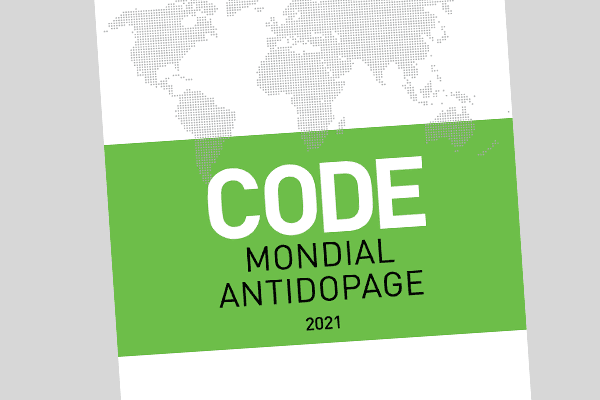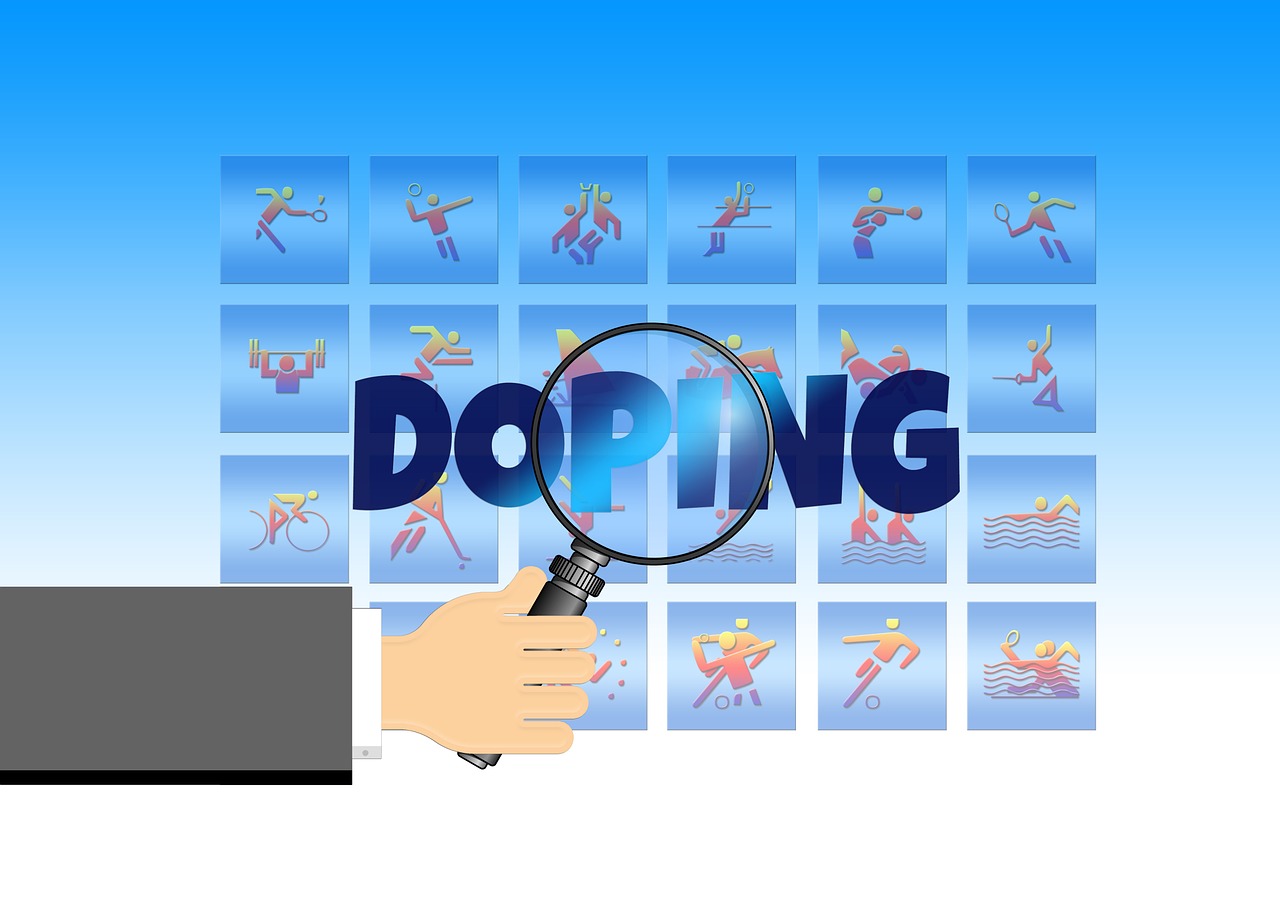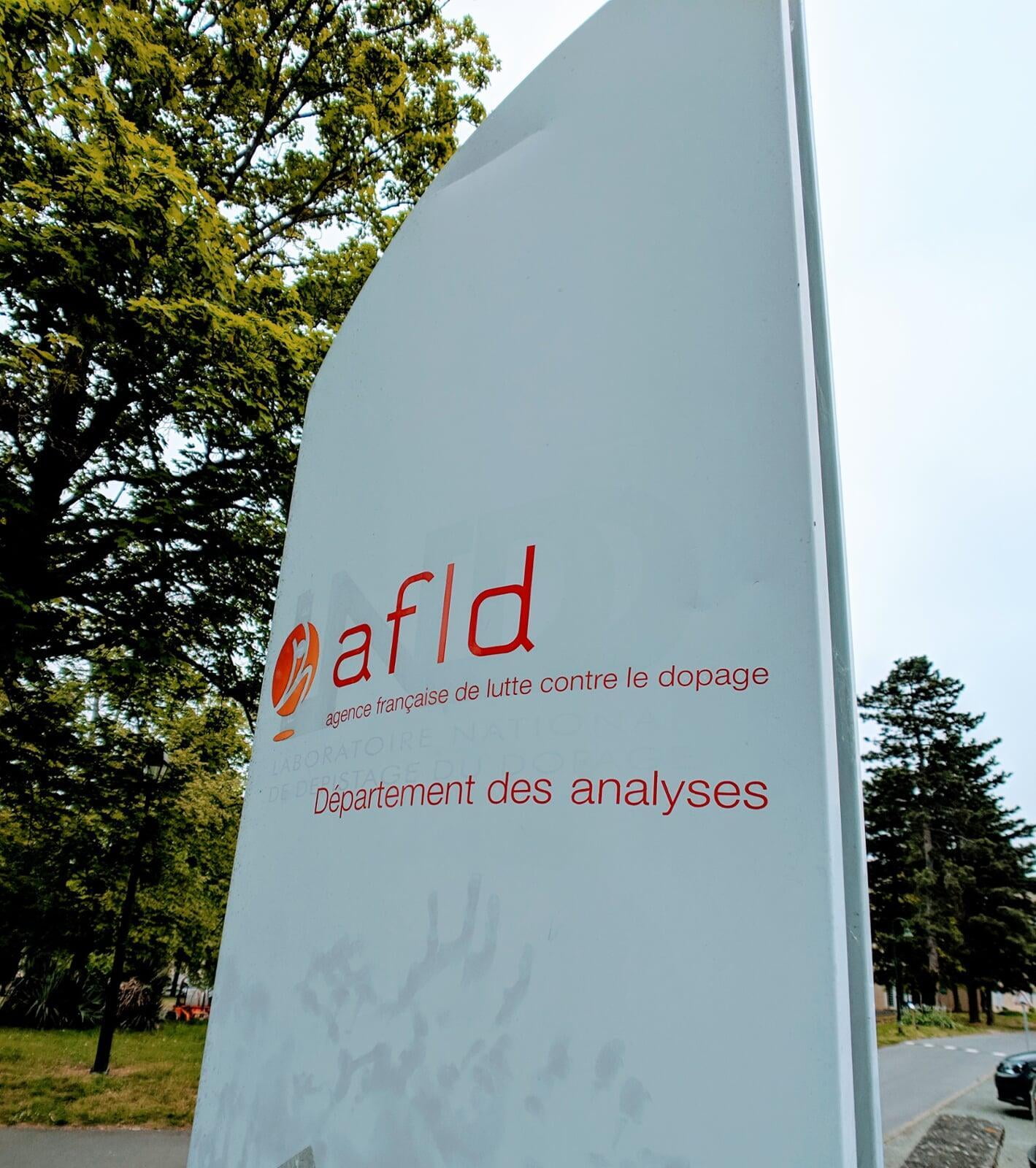What does this authorization consist of?
Provided for by our constitution (38 article), this empowerment allows the Government to take by ordinance and within a limited period of time, measures in matters falling within the scope of the law as the Constitution (34 article) reserve in principle to Parliament. After receiving the latter's authorization (enabling law), the Government issues an ordinance and then tables a bill to obtain its ratification.
This ratification by Parliament gives the ordinance the status of a real law.
This reform has a threefold objective: What are the stakes?
- Ensure compliance of domestic law with the principles of version 2021 of the World Anti-Doping Code in force since 1erJanuary 2021;
- Define the new statute of the anti-doping laboratory;
- Strengthen the effectiveness of the anti-doping system by facilitating the collection of information by the French Anti-Doping Agency (AFLD) and cooperation between those involved in this fight.
As a reminder, the 2021 version of the World Anti-Doping Code consists in particular of allowing the pronouncement of more appropriate sanctions with regard to new categories of athletes (recreational athletes et protected persons) and substances (especially " substances of abuse ").
As such, the list of substances and methods prohibited for 2021 was published by the government on December 28, 2020.
New deliberations from the French Agency for the Fight against Doping
Pending the order, AFLD has already adopted new texts intended to bring its procedure into conformity.
New international disciplinary regulations
By deliberation of December 17, 2020, the AFLD adopted a new disciplinary regulation applicable to violations committed by international athletes (according to the definition given by each international federation) or during an international sporting event. .
Article 1.2.4 of this new regulation considers as a protected person: minors under the age of sixteen, people aged between sixteen and eighteen who are not included in a target group of athletes subject to controls and who have never competed in an international event in an "open category" as well as adults protected within the meaning of Article 425 of the Civil Code.
The term “open category” is intended to exclude competitions limited to categories of young people or categories by age groups.
Projects :
- Bill empowering the Government to take the measures falling within the scope of the law necessary to ensure the conformity of domestic law with the principles of the World Anti-Doping Code and to strengthen the effectiveness of the fight against doping, adopted by the Senate and the Assembly National at first reading;
- World Anti-Doping Code 2021;
- Delib. AFLD n ° 2020-50, 2020-51 and 2020-52 of 17 Dec. 2020;
- Delib. AFLD n ° 2020-50 from February 1, 2021 (concerning the definition of a national level athlete);
- Decr. n ° 2020-1722 of 28 Dec. 2020, OJ of 30, text n ° 4.
A definition of recreational athletes
By another deliberation of December 17, 2020, the AFLD defines the new concept of recreational level athlete for the application of the aforementioned international disciplinary regulations and of the Sports Code, the provisions of which are intended to cover this concept.
A recreational athlete is therefore an athlete who has not, in the five years preceding an anti-doping rule violation for which he would be prosecuted:
- had the quality of sportsman of international level (within the meaning of his international federation) or national (within the meaning of the AFLD);
- represented a country in an international event of an “open category”;
- been included in a target group;
- participated in a French championship organized by a delegated sports federation (excluding competitions reserved for athletes aged at least 50) or in a public combat sport event (within the meaning of art. R. 331-46);
- or been registered on the ministerial lists or had the quality of salaried professional sportsman (within the meaning of art. L. 222-2).








